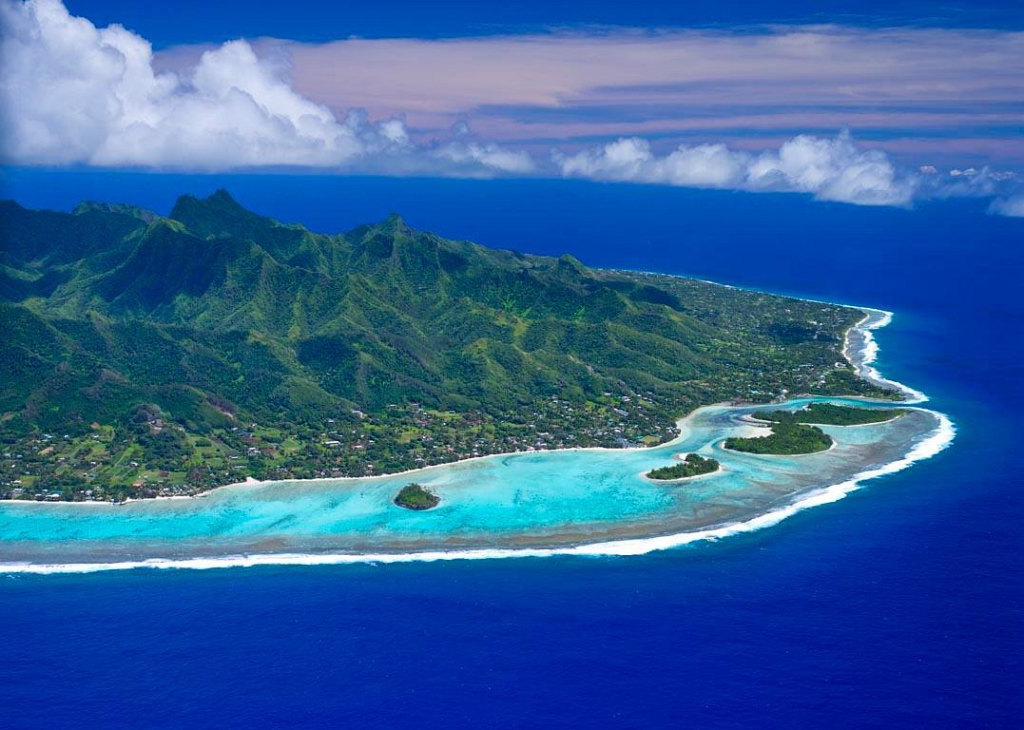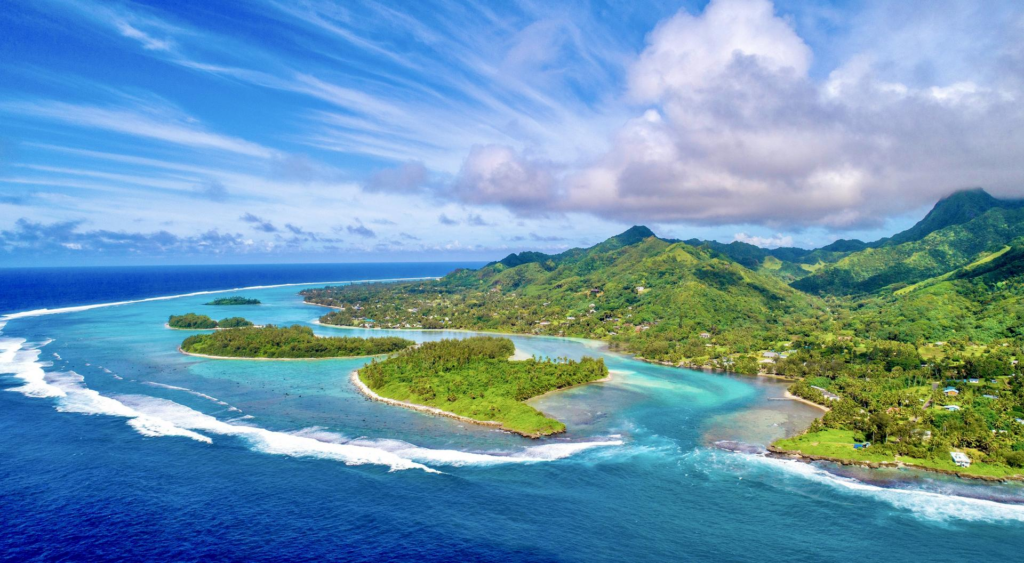The Cook Islands, a self-governing Pacific nation in free association with New Zealand, has sparked debate over its recent proposal to introduce a separate passport for its citizens while retaining their New Zealand citizenship.
This bold move, championed by Prime Minister Mark Brown, seeks to recognize the unique identity of the Cook Islanders. However, New Zealand has unequivocally rejected the idea, citing constitutional and sovereignty concerns.
The Proposal for a Separate Passport
Prime Minister Mark Brown has argued that the Cook Islands deserves its own passport as a symbolic recognition of its people and their cultural identity. This proposal has gained traction among some Cook Islanders who wish to see their nationality acknowledged distinctly, separate from the New Zealand umbrella.
Currently, Cook Islanders enjoy New Zealand citizenship, which affords them significant privileges such as living, working, and accessing healthcare in New Zealand. Nearly 100,000 Cook Islanders live in New Zealand, while only about 15,000 reside in the islands themselves.
Brown’s vision is to establish a separate passport while maintaining the Cook Islands’ realm country status within New Zealand’s jurisdiction, enabling Cook Islanders to enjoy dual passports, similar to many New Zealanders.
Read : Cook Islands: Discover the Enchanting Oasis of the Pacific
However, New Zealand’s stance remains firm. According to its Foreign Minister Winston Peters, issuing a separate passport without full sovereignty is constitutionally impossible. He emphasized that such a passport would only be viable if the Cook Islands pursued full independence, severing its current free-association relationship with New Zealand.
Tensions and Public Concerns
The proposal has led to tensions between the Cook Islands and New Zealand, with leaders on both sides engaging in discussions to address the issue.
However, the plan has not been universally supported within the Cook Islands. Many residents have expressed concerns about the lack of public consultation on such a significant decision.
Read : Kiwi Wonders: Exploring New Zealand’s Top Natural Attractions
Critics argue that the government has not adequately gauged public opinion, questioning whether the majority of Cook Islanders truly desire a separate passport.

Thomas Wynne, a Cook Islander based in Wellington, voiced his concerns, highlighting the need for a democratic approach to such a critical decision. Additionally, some Cook Islanders fear that introducing a separate passport could jeopardize their access to essential services like healthcare in New Zealand.
The Cook Islands’ reliance on its association with New Zealand for foreign affairs, defense, and economic support further complicates the matter. For many, the benefits of the status quo outweigh the symbolic value of a distinct passport.
New Zealand’s Clear Stance and Future Implications
New Zealand’s response to the Cook Islands’ proposal has been unequivocal. Peters declared that any move towards a separate passport and citizenship would require the Cook Islands to become fully independent and sovereign.
He also stated that such a fundamental change to their relationship would need to be decided through a referendum, allowing Cook Islanders to weigh the pros and cons of independence versus maintaining their current privileges.

Brown responded cautiously to New Zealand’s firm rejection, reassuring his people that no actions would be taken to disrupt the important status of their relationship with New Zealand. This statement reflects the Cook Islands’ careful balancing act—seeking greater recognition while preserving the benefits of their association with New Zealand.
The situation also brings into focus similar arrangements between other self-governing territories and their governing nations. For instance, Greenland and the Faroe Islands maintain autonomy within the Kingdom of Denmark, while Puerto Rico is an unincorporated territory of the United States.
These comparisons underline the complexities of achieving greater sovereignty while retaining the economic and security advantages of association with a larger nation.

The Cook Islands’ quest for its own passport highlights the intricate dynamics of self-governance and national identity within a framework of shared sovereignty. While the proposal has ignited debate and aspirations for recognition, New Zealand’s firm rejection underscores the constitutional limitations and potential consequences of such a move.
Ultimately, the decision lies in the hands of the Cook Islanders themselves. A referendum would provide a democratic platform for determining the nation’s future—whether to maintain the status quo with its associated benefits or to embrace full independence and its accompanying challenges.

